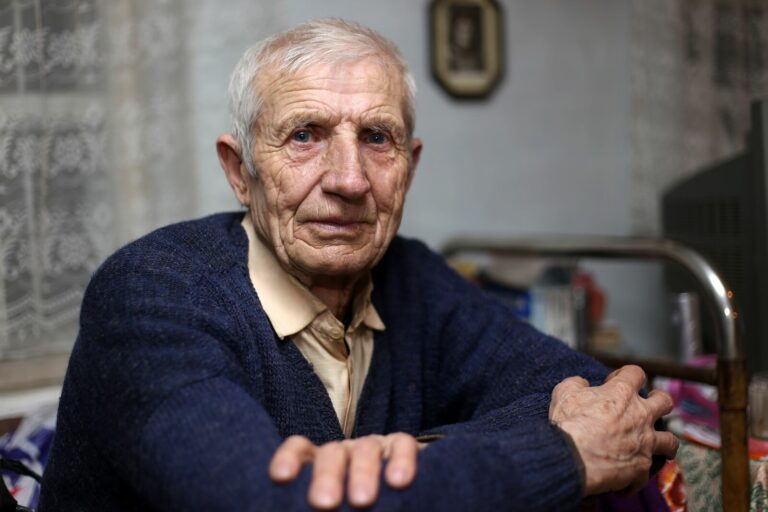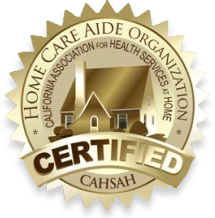Contrary to popular opinion, the holidays aren’t always joyful for everyone. In fact, depression is more likely to manifest in aging adults during the holidays, leading to serious physical and mental health issues. Of course, depression can strike people at any age and any time of year, but there is certainly a spike as the calendar year ends. Family caregivers and elder care providers may want to become familiar with the signs of holiday depression, so they can recognize it in their aging loved ones.
What is Holiday Depression?

How Does Holiday Depression Affect the Elderly?
It can be difficult to recognize the symptoms of holiday depression in aging adults because many behaviors mimic other health issues that they may be dealing with. Family caregivers and elder care providers must pay attention to how the aging adult is behaving in the days and weeks leading up to the holiday season.
Some of the more common symptoms for holiday depression in seniors include fatigue, poor focus, over or under sleeping, expressions of sadness, headaches, stomach aches, frequent weeping, increasing helplessness and thoughts about suicide. As the holiday season approaches, many seniors exhibit increasing symptoms.
How Family Caregivers Can Help Aging Relatives
If an elder care provider has alerted a family caregiver about symptoms of holiday depression in an aging relative, the first step to treatment is seeing a doctor. The doctor will advise their aging patient to take some anti-depressant medication and to visit with a therapist. The combination of cognitive behavioral therapy and medication can help seniors recover.
Family caregivers and elder care providers can also assist the dependent senior in adjusting their lifestyle, so they can better resist holiday depression. Healthy food, restful sleep, and proper medication management play a big part in reducing the risk of developing depression. Family caregivers can also help seniors participate in meaningful holiday activities and events, especially ones that are low stress and truly enjoyable.
With proper care and attention, aging adults can overcome their holiday depression and find more happiness in such events. Having good support from a range of family members, friends, and elder care providers can help seniors resist holiday depression.
If you or an aging loved-one are considering Home Care in Sunny Vale, CA, contact the friendly staff at Home Care Professionals today.
Call (866)-940-4855
- Liver Cancer Symptoms and Risk Factors - April 24, 2025
- Seven Indicators That Your Loved One Could Benefit from 24-Hour Home Care - April 18, 2025
- Creating Visual Cues to Support Independence for Seniors With Alzheimer’s - April 9, 2025




